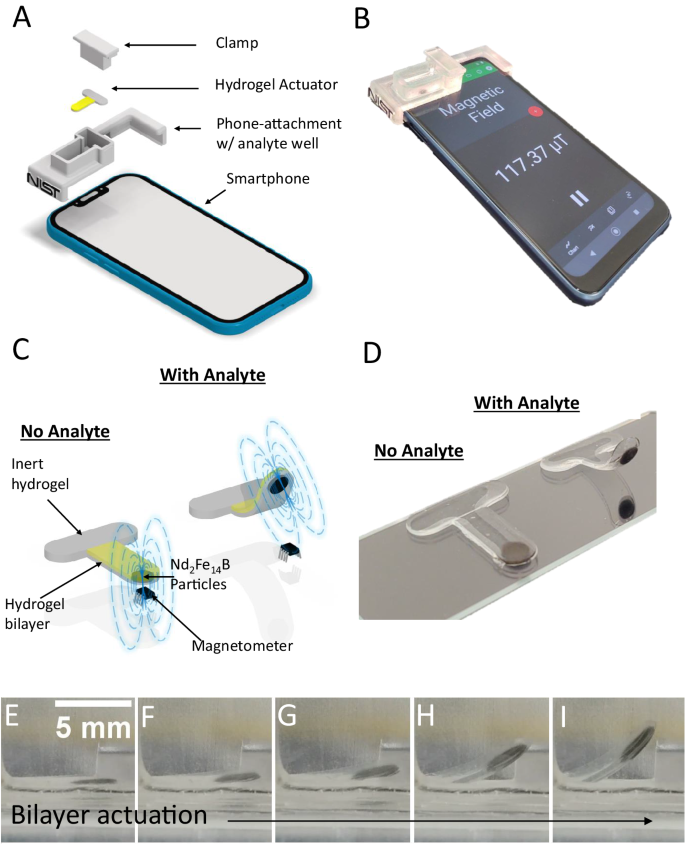2024-03-29 ワシントン大学セントルイス校
<関連情報>
- https://source.wustl.edu/2024/03/combining-multiple-meds-into-a-single-pill-reduces-cardiovascular-deaths/
- https://www.nature.com/articles/s41591-024-02896-w
動脈硬化性心血管病予防のための合剤療法 Fixed-dose combination therapy for the prevention of atherosclerotic cardiovascular disease
Anubha Agarwal,Priya M. Mehta,Tyler Jacobson,Nilay S. Shah,Jiancheng Ye,JingJing Zhu,Q. Eileen Wafford,Ehete Bahiru,Angharad N. de Cates,Shah Ebrahim,Dorairaj Prabhakaran,Anthony Rodgers & Mark D. Huffman
Nature Medicine Published:26 March 2024
DOI:https://doi.org/10.1038/s41591-024-02896-w

Abstract
Fixed-dose combination (FDC) therapy, also known as polypill therapy, targets risk factors for atherosclerotic cardiovascular disease (ASCVD) and has been proposed as a strategy to reduce global ASCVD burden. Here we conducted a systematic search for relevant studies from 2016–2022 to assess the effects of FDC therapy for prevention of ASCVD. The studies selected include randomized trials evaluating FDC therapy with at least one blood pressure-lowering drug and one lipid-lowering drug. The study data were independently extracted, the quality of evidence was appraised by multiple reviewers and effect estimates were pooled using a fixed-effect meta-analysis when statistical heterogeneity was low to moderate. The main outcomes of the analysis were all-cause mortality, fatal and nonfatal ASCVD events, adverse events, systolic blood pressure, low-density lipoprotein cholesterol and adherence. Among 26 trials (n = 27,317 participants, 43.2% female and mean age range 52.9–76.0), FDC therapy was associated with lower low-density lipoprotein cholesterol and systolic blood pressure, with higher rates of adherence and adverse events in both primary and mixed secondary prevention populations. For studies with a mostly primary prevention population, FDC therapy was associated with lower risk of all-cause mortality by 11% (5.6% versus 6.3%; relative risk (risk ratio) of 0.89; 95% confidence interval 0.78 to 1.00; I2 = 0%; four trials and 16,278 participants) and risk of fatal and nonfatal ASCVD events by 29% (6.1% versus 8.4%; relative risk (risk ratio) of 0.71; 95% confidence interval 0.63 to 0.79; I2 = 0%; five trials and 15,503 participants). One adequately powered trial in an exclusively secondary prevention population showed that FDC therapy reduced the risk of major adverse cardiovascular events by 24%. These findings support adoption and implementation of polypills to lower risk for all-cause mortality and ASCVD.


